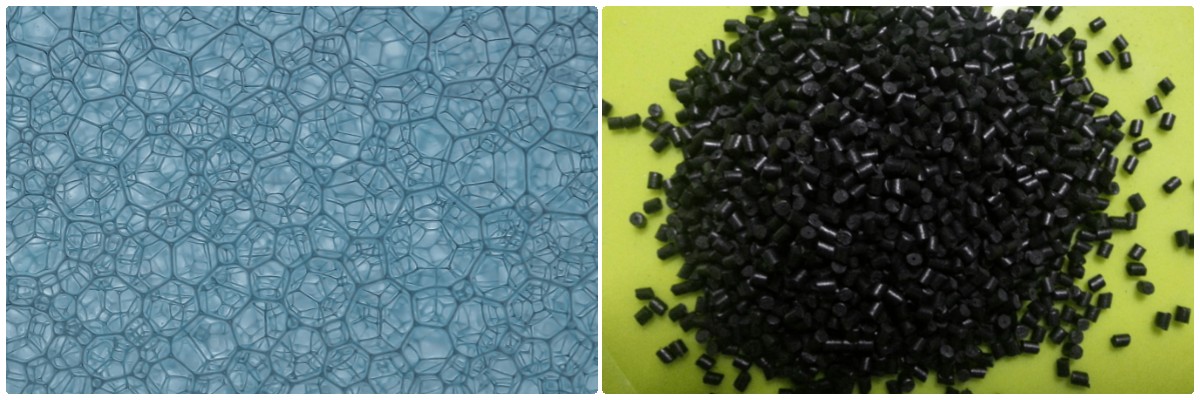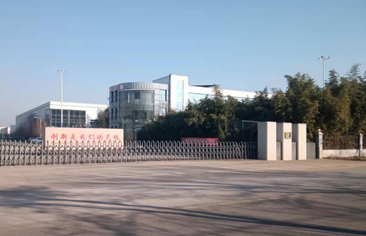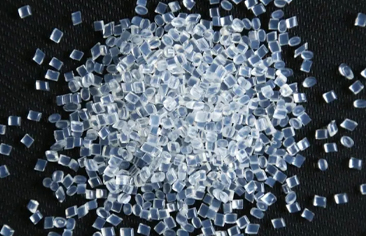Polymer materials are widely used, and the annual output of polymer plastic products in my country has reached 70 million tons. Polymer materials exhibit many exotic interfacial phenomena, such as stick-slip friction behavior, low-temperature plasticity, and bondability, etc., which affect their application effects. Realizing the understanding and effective control of the molecular origin of polymer interface phenomena is of great value for the development of high-performance polymer materials.

The scientific community has found that polymer surface molecules have high mobility, but the motion state and mechanical behavior of polymer surface molecules are still a mystery. Combining in-depth research with theory and simulation, the researchers discovered the "pseudo-entanglement" mechanism that controls the diffusion of polymer chains on the surface and a new phenomenon of surface "transient rubber state" polymer physics, that is, the surface of hard and brittle polymer plastics exhibits similar flexibility properties of rubber. Conventionally, the plastic surface is very hard and will not deform. The results of this study deepen people's understanding of the molecular dynamics and mechanical mechanics of solid polymer surfaces. It is an important academic breakthrough in interface science and polymer science. new ideas.








